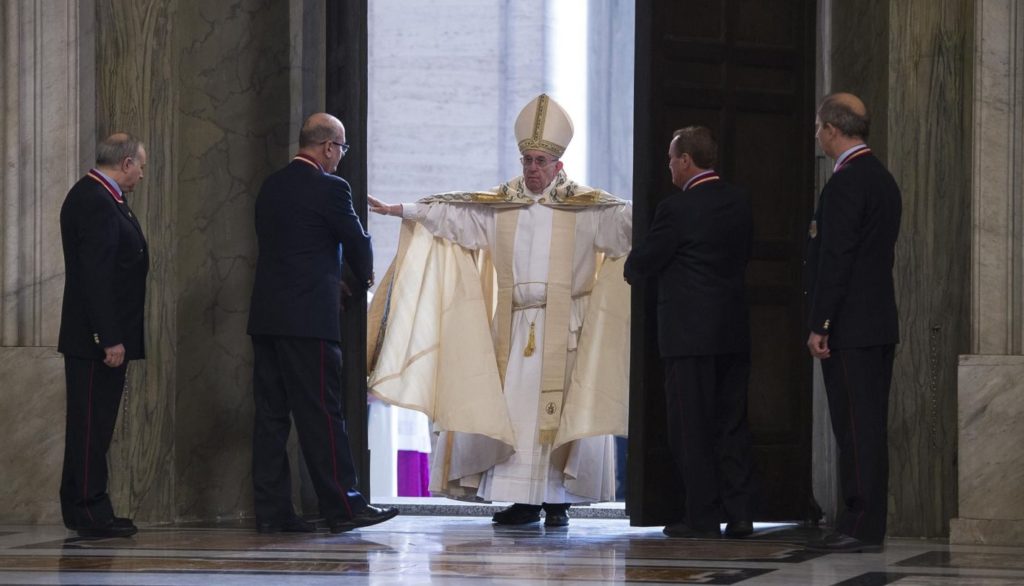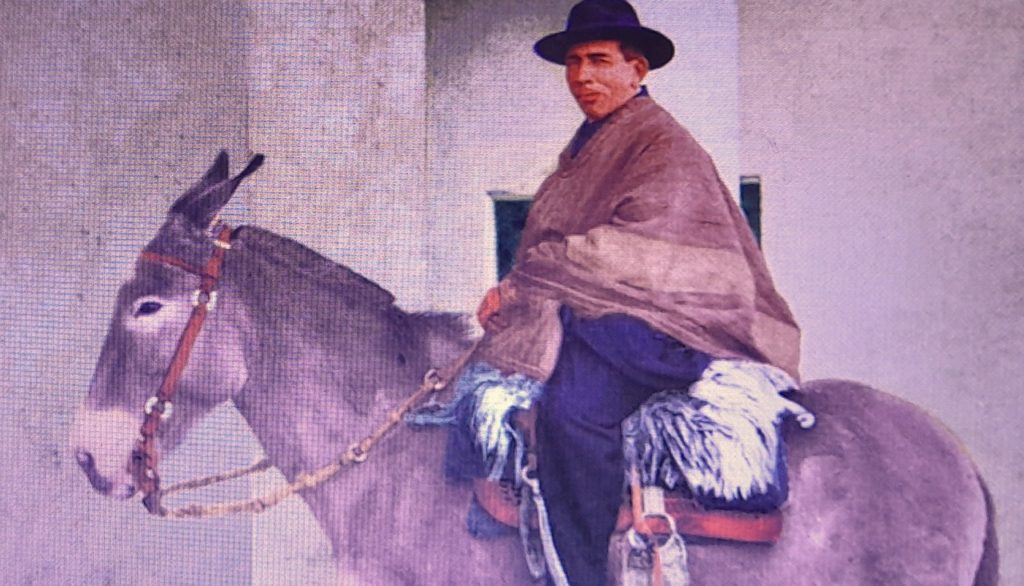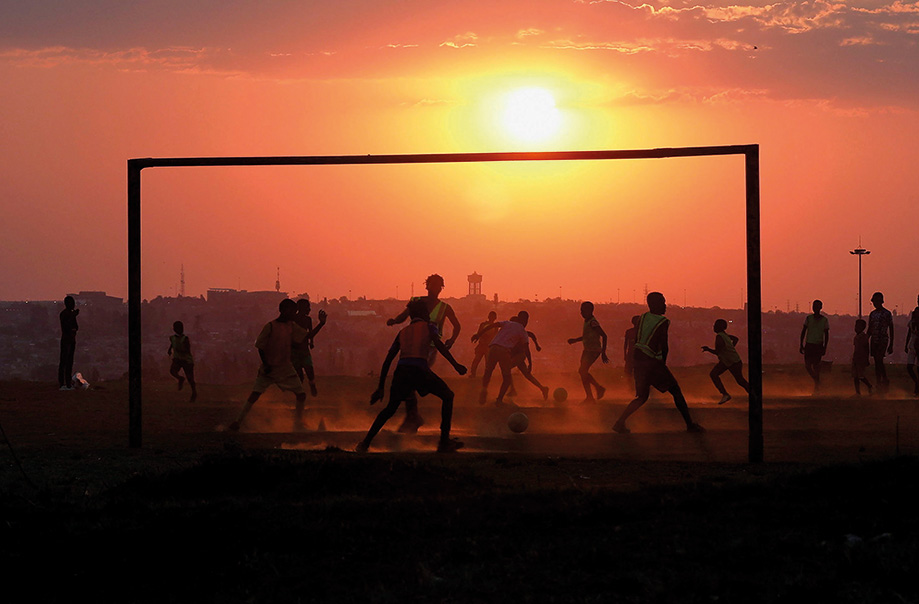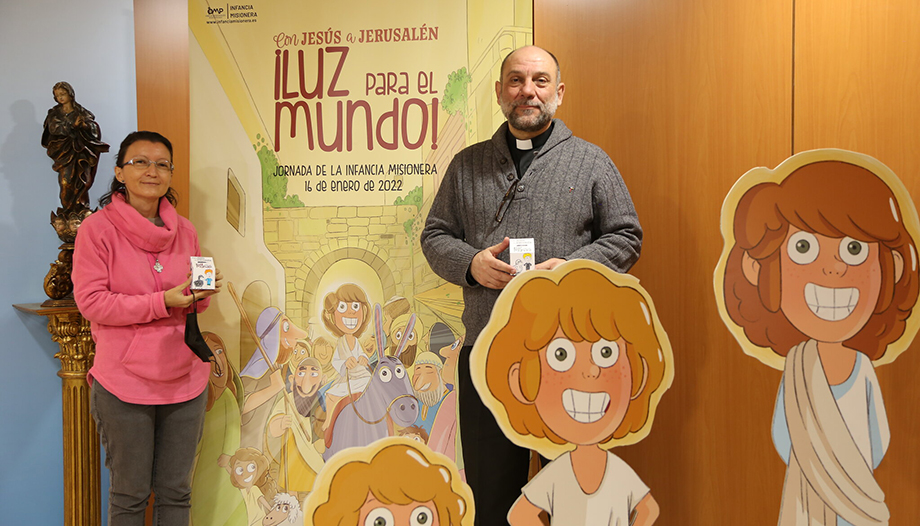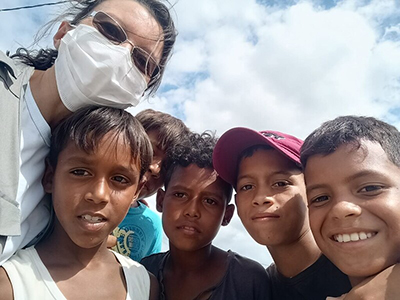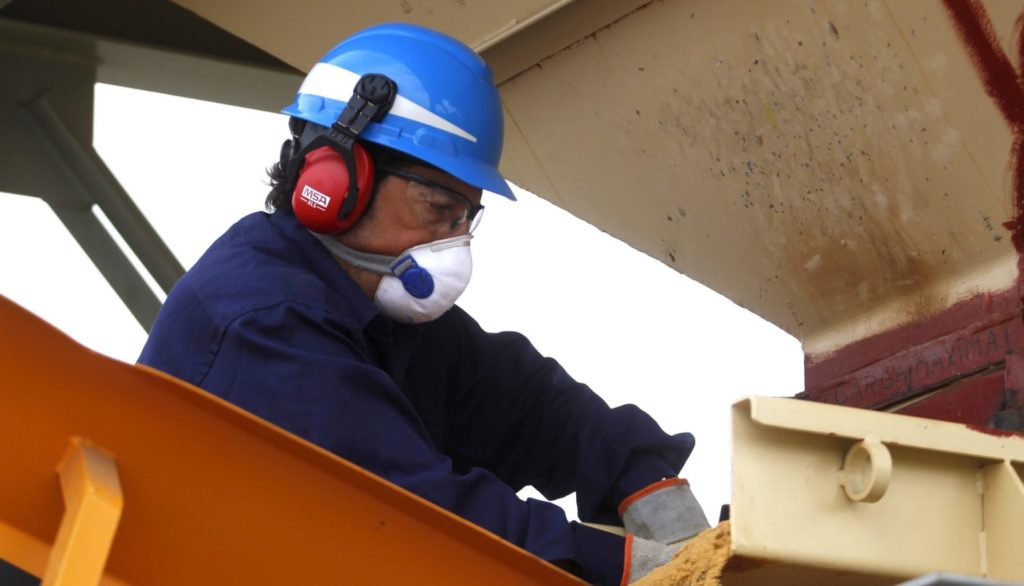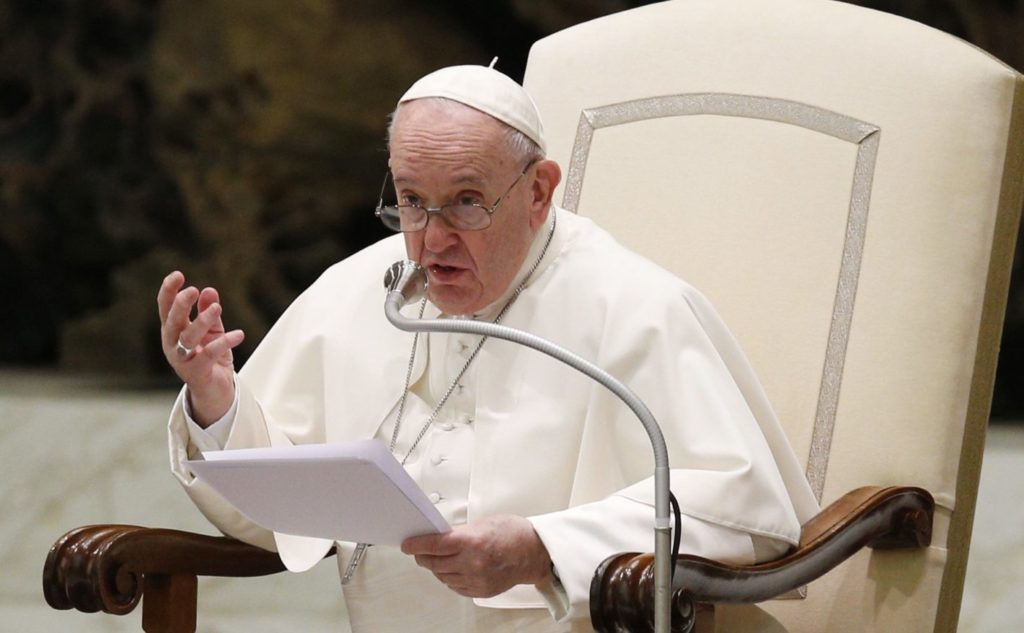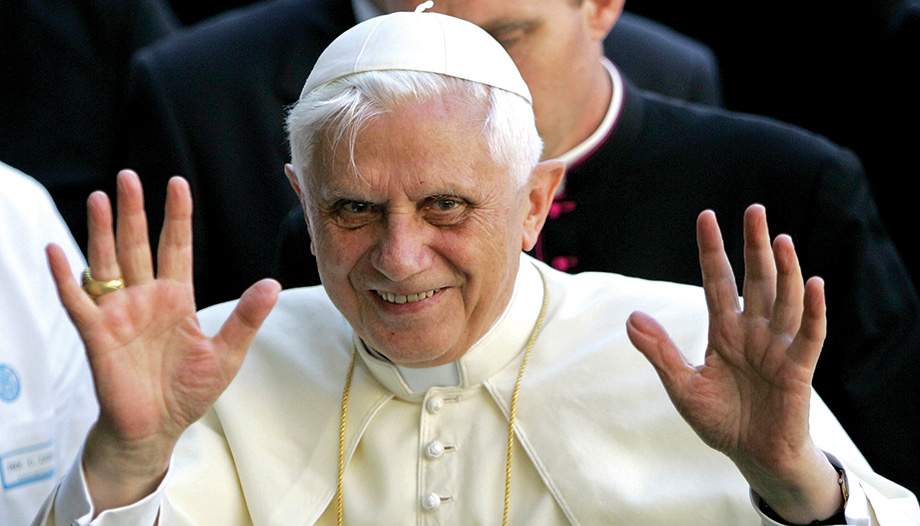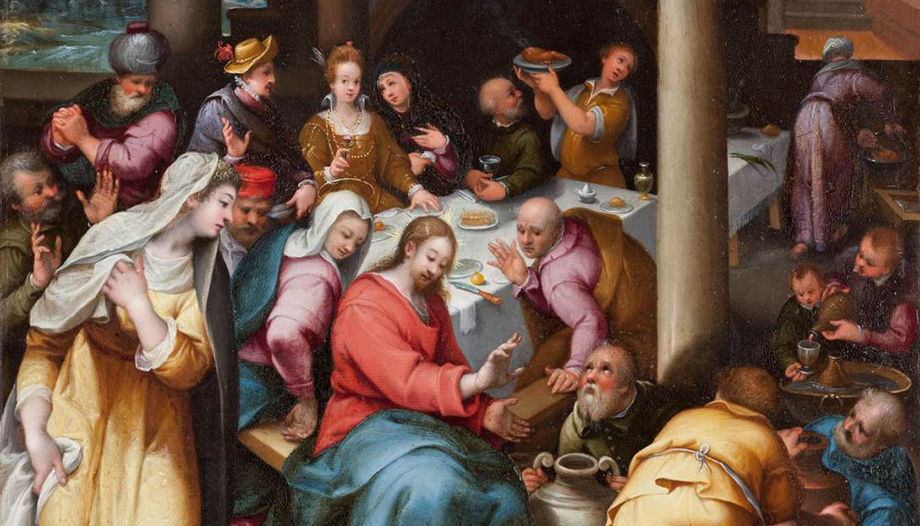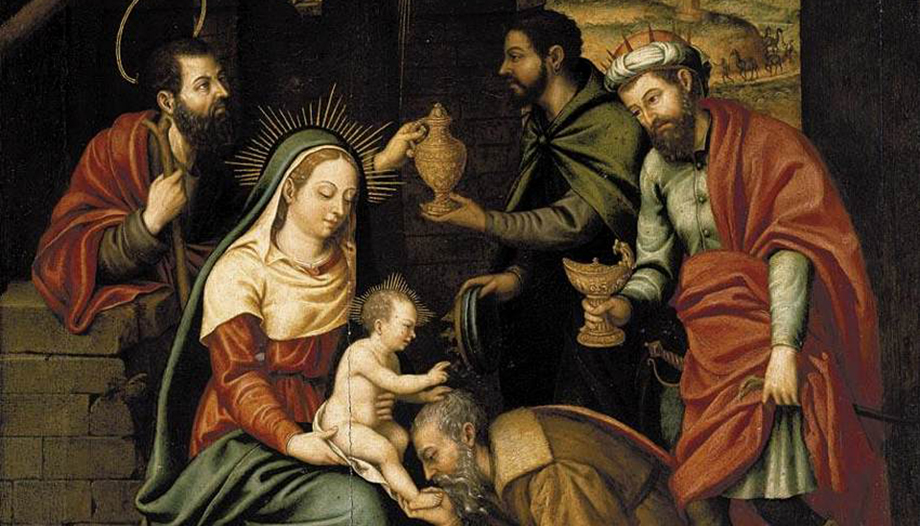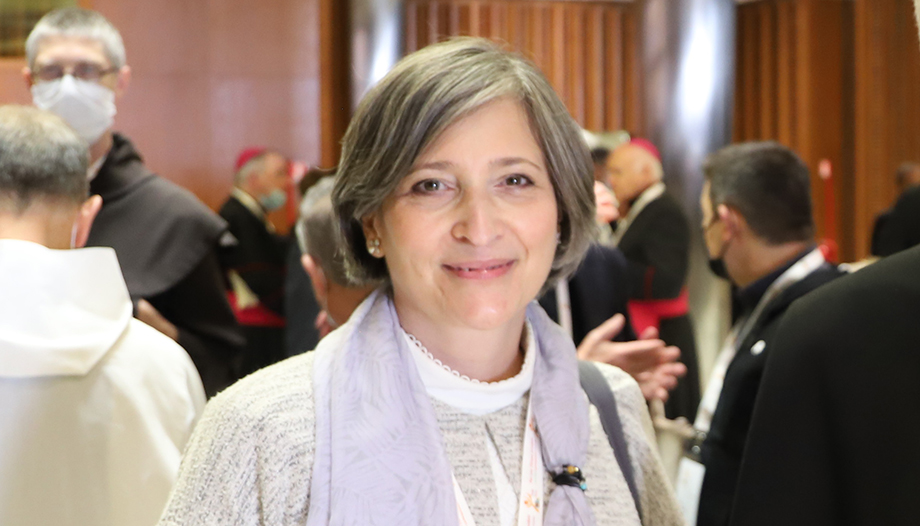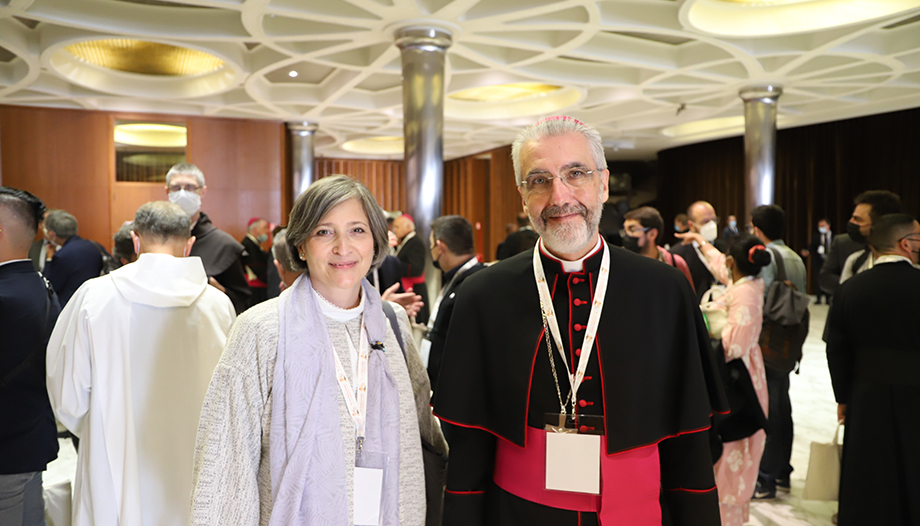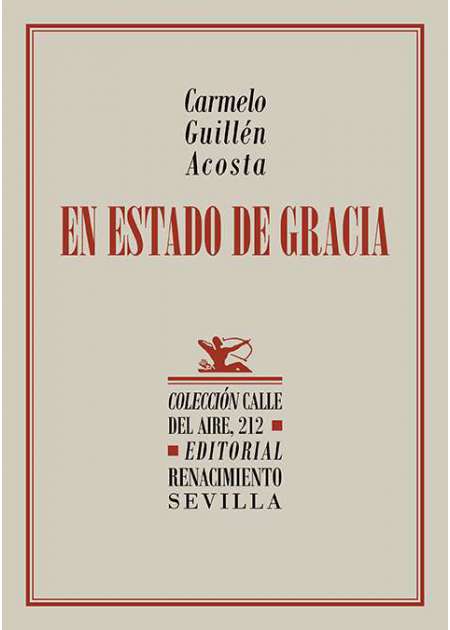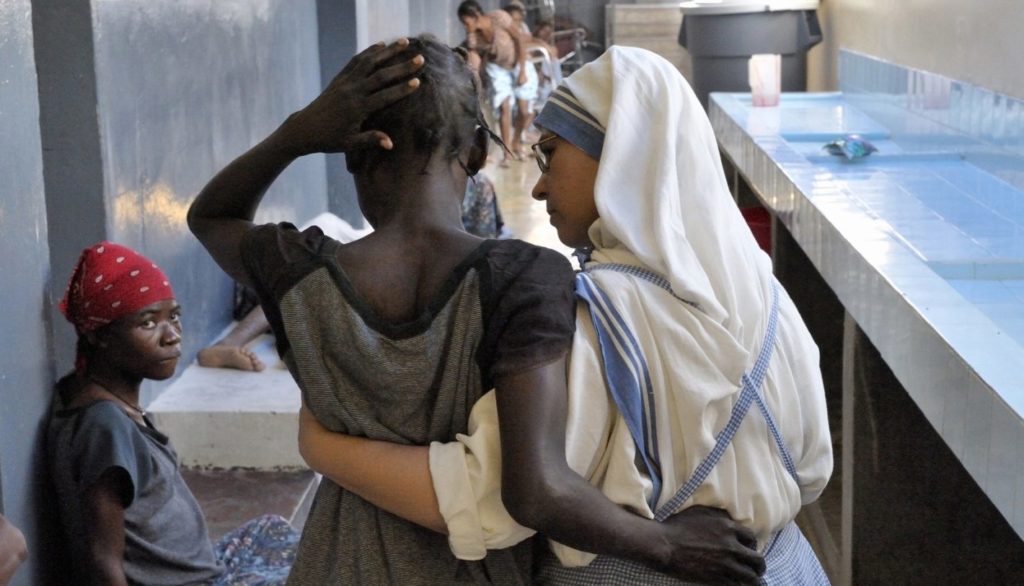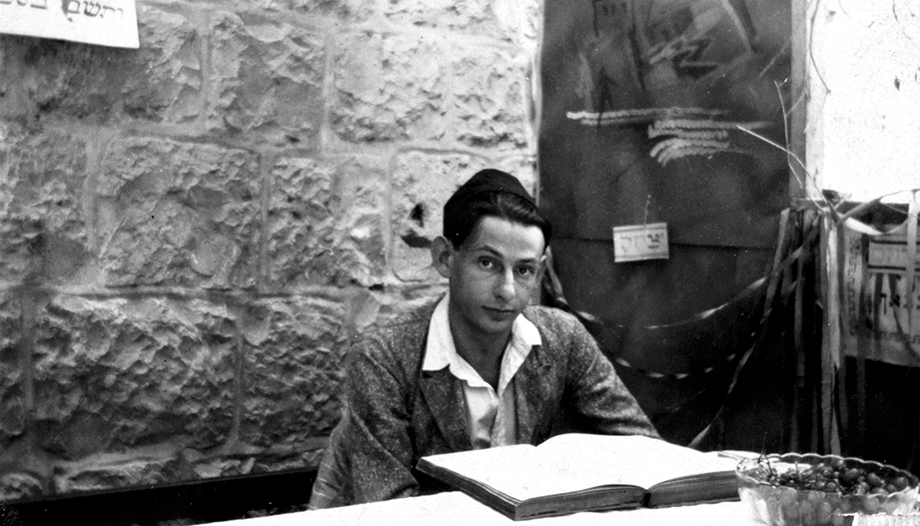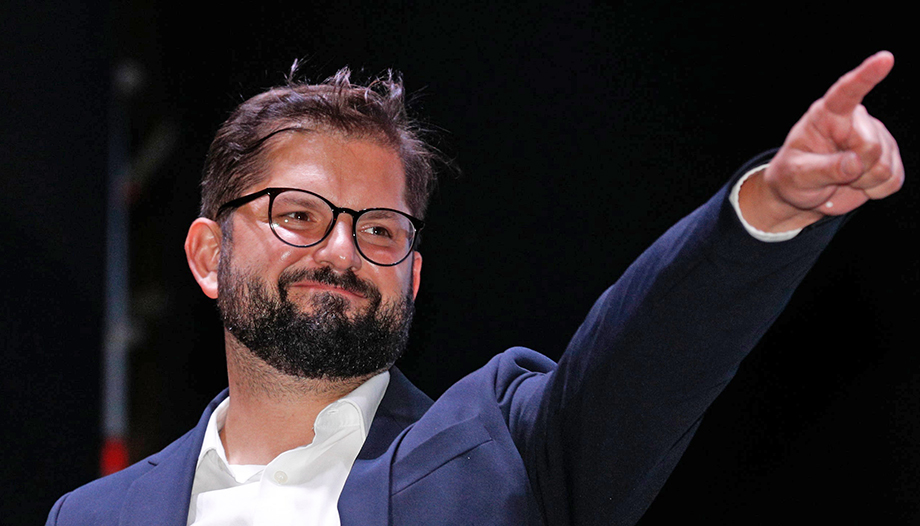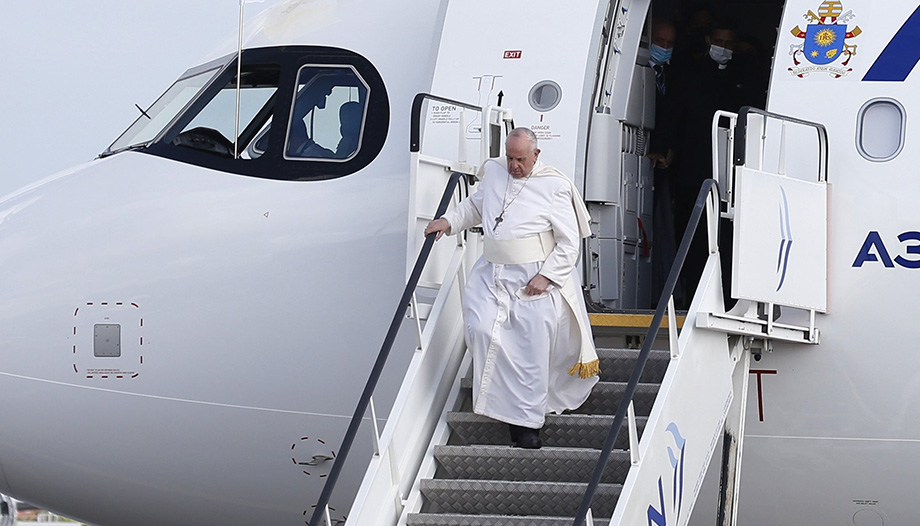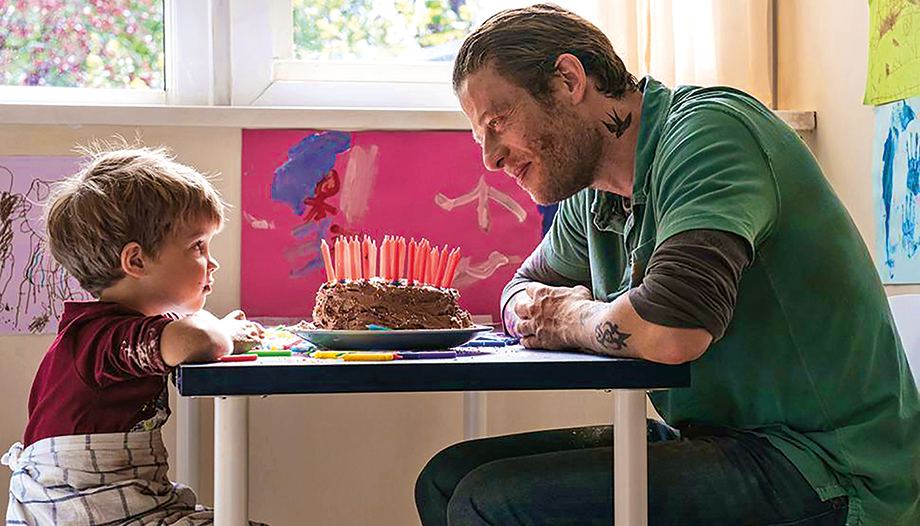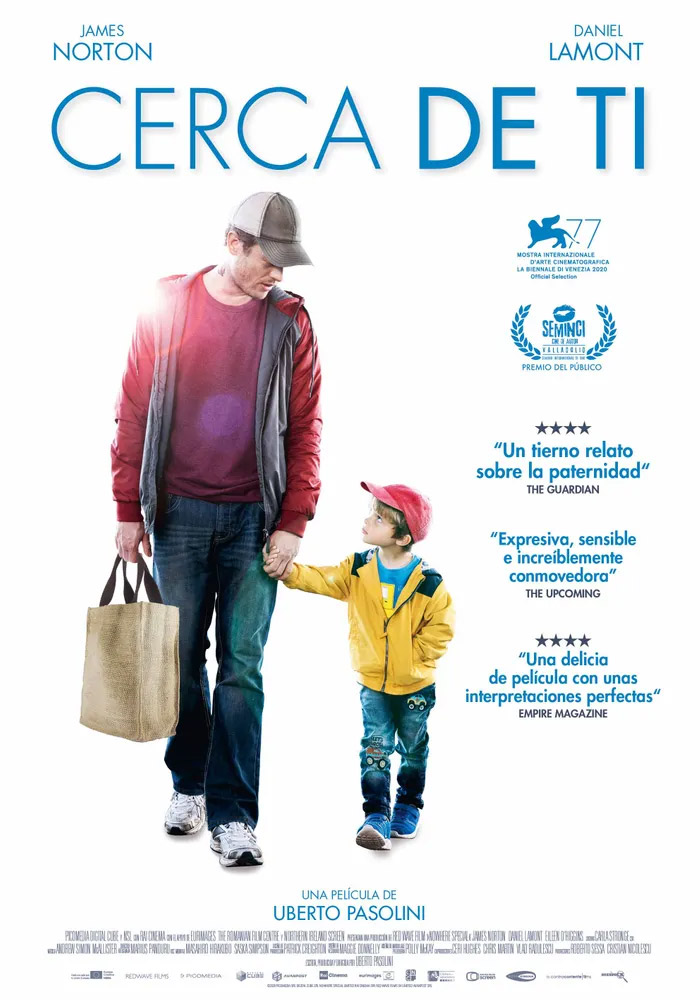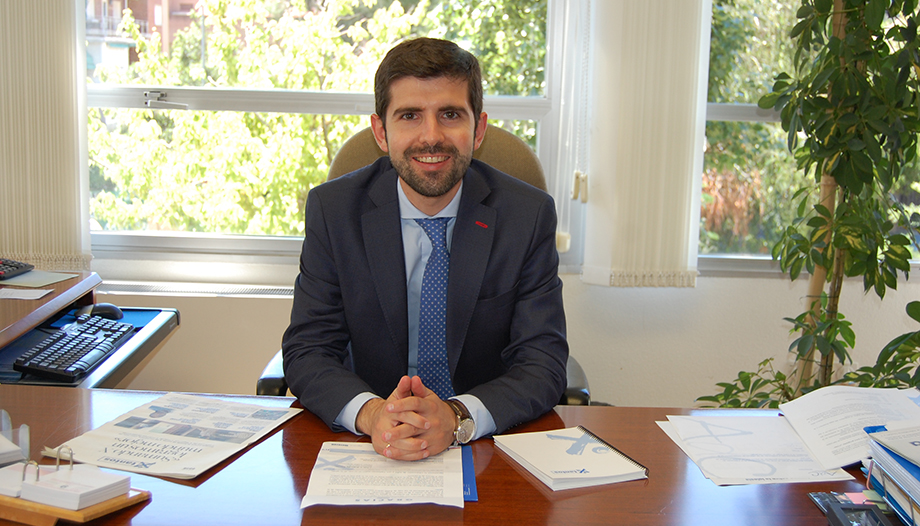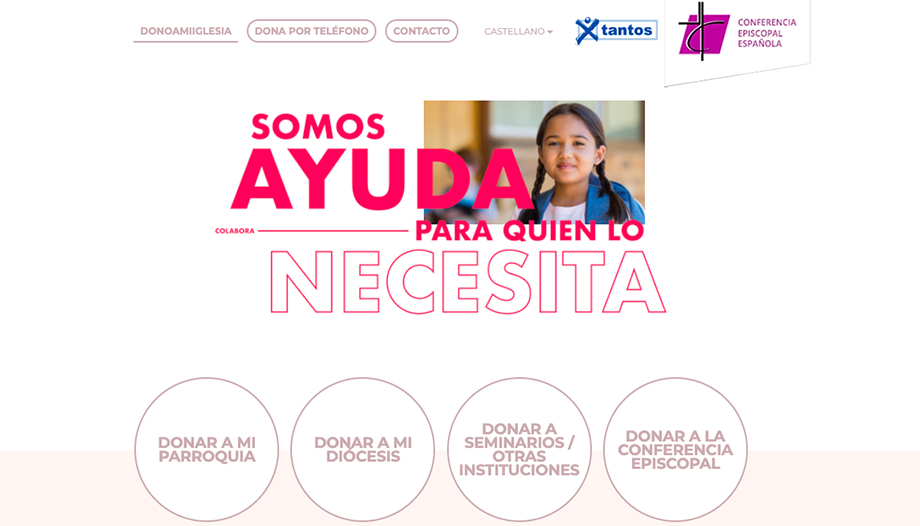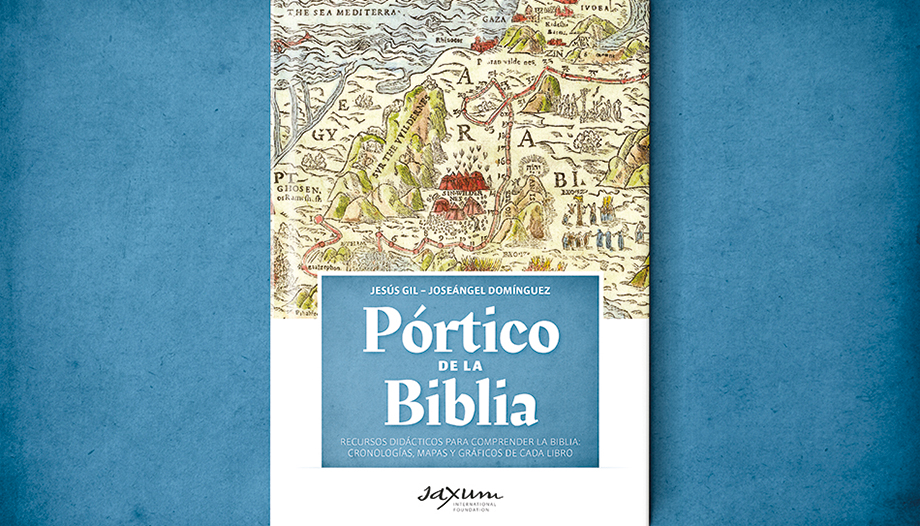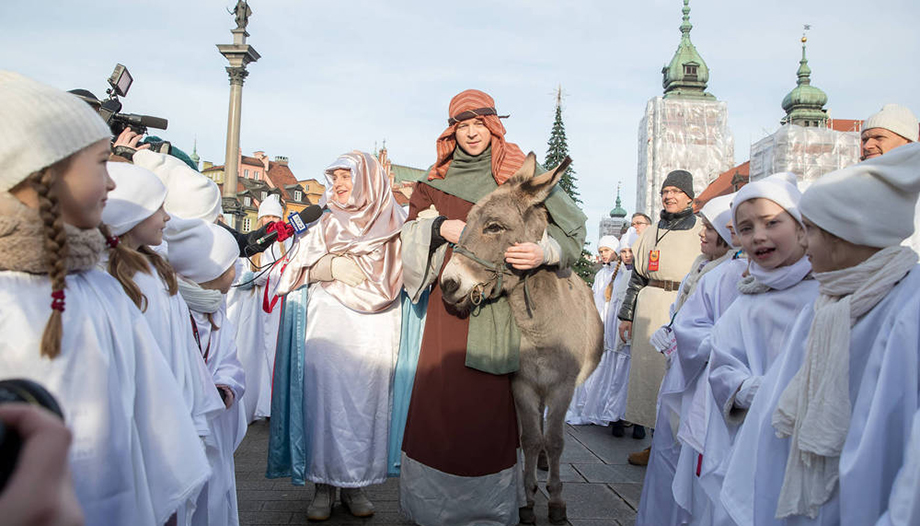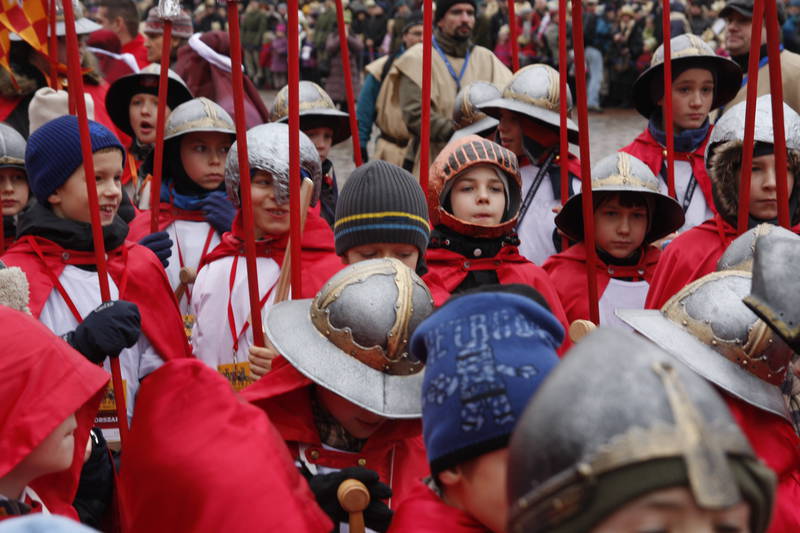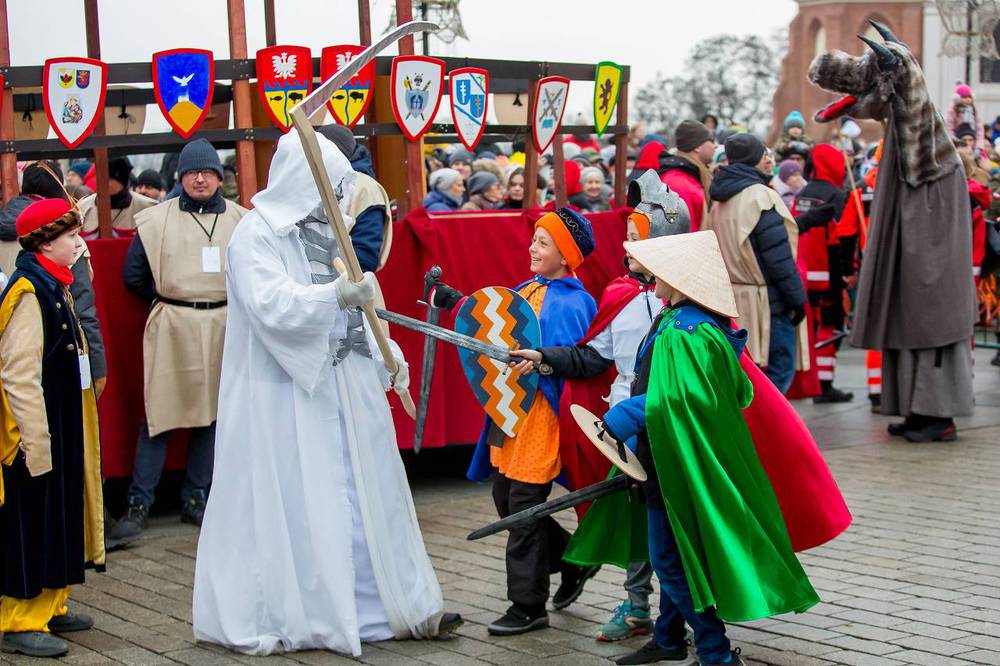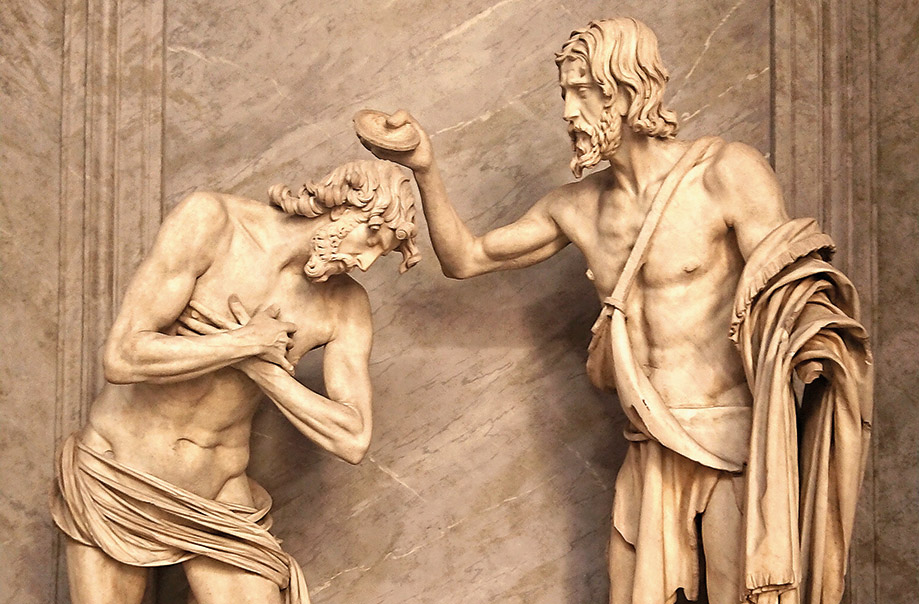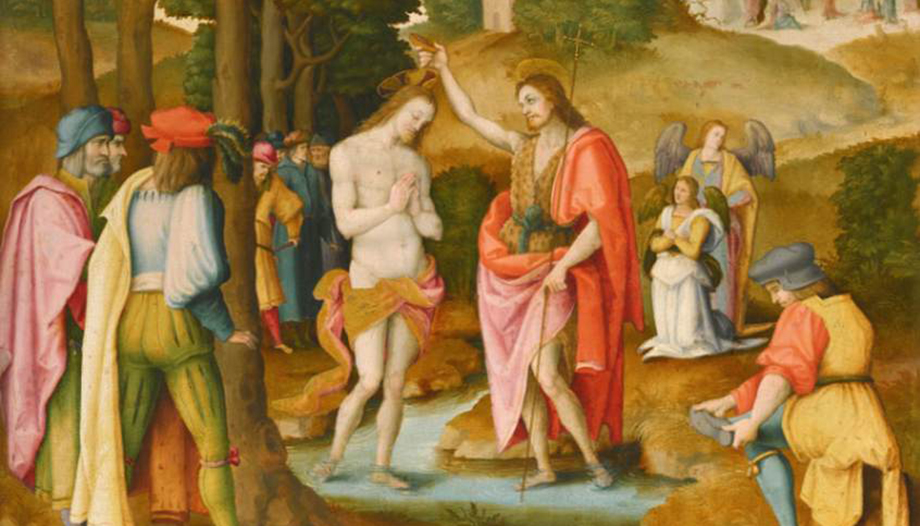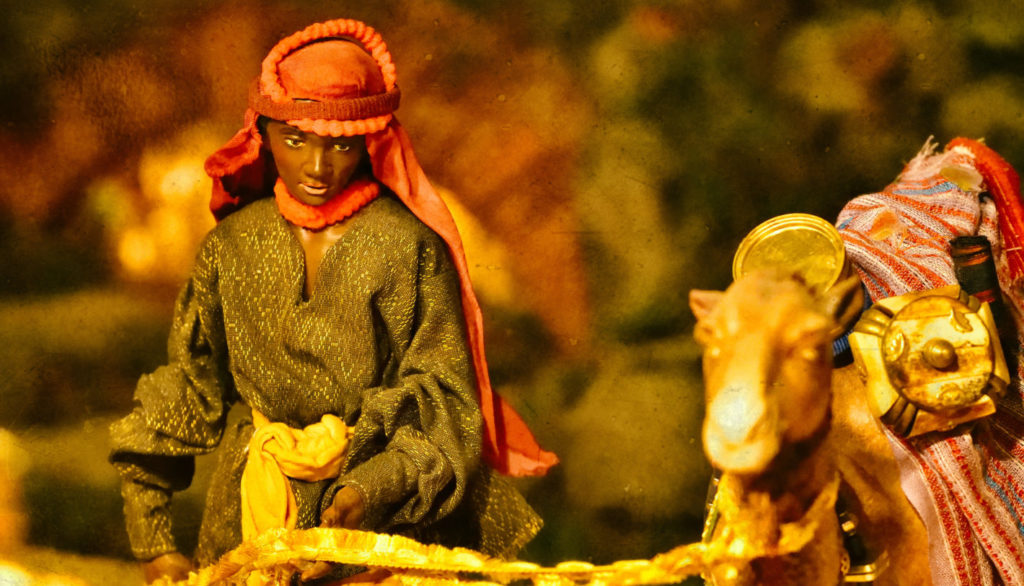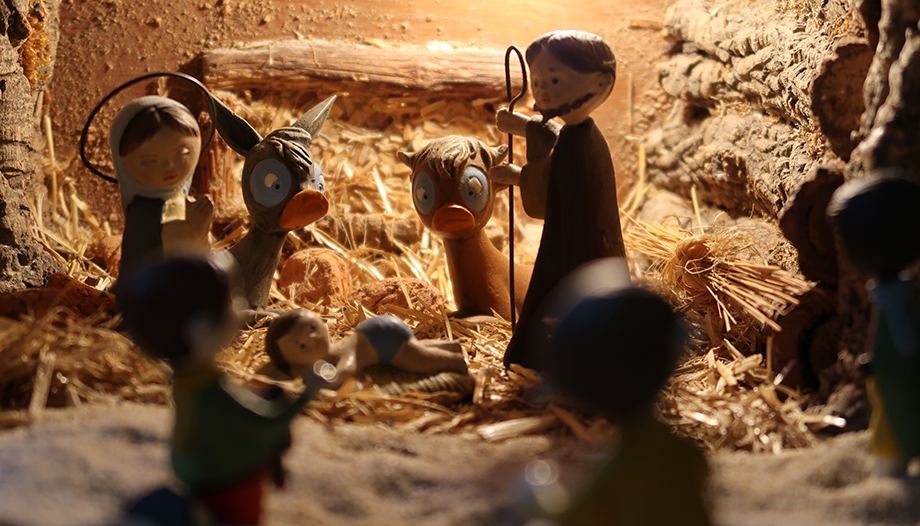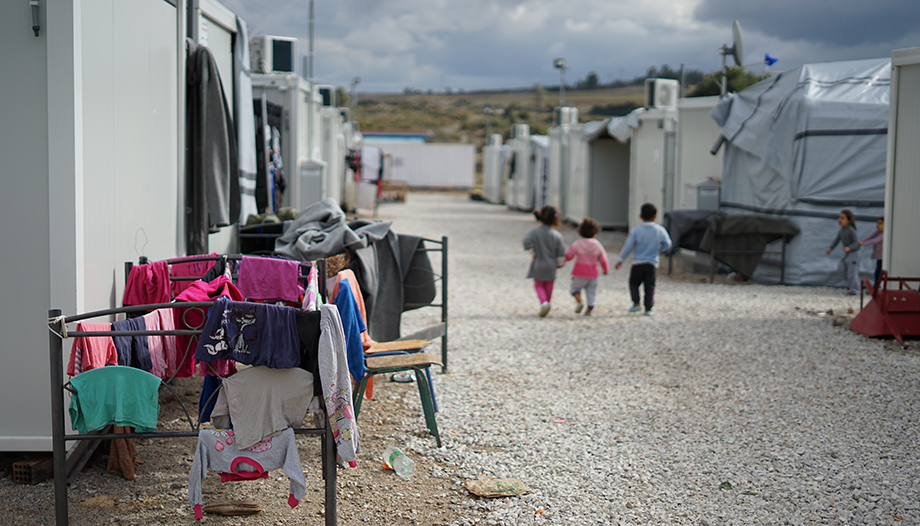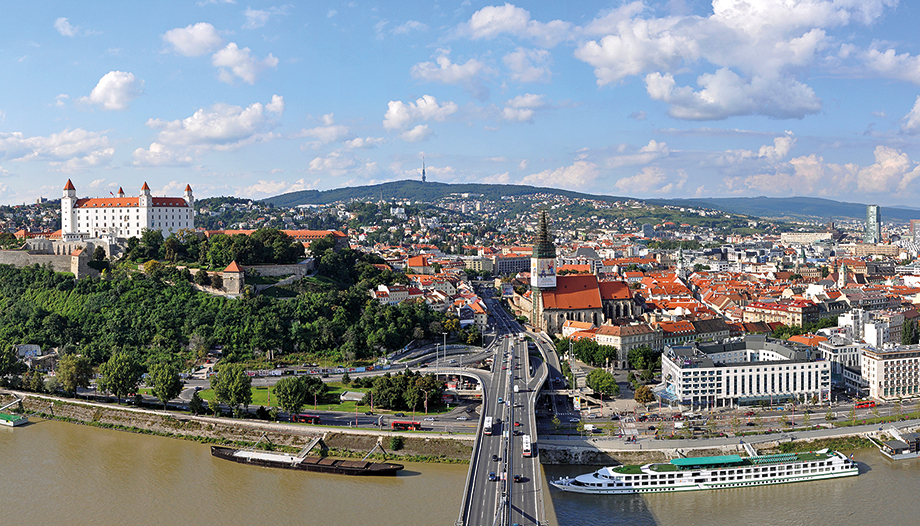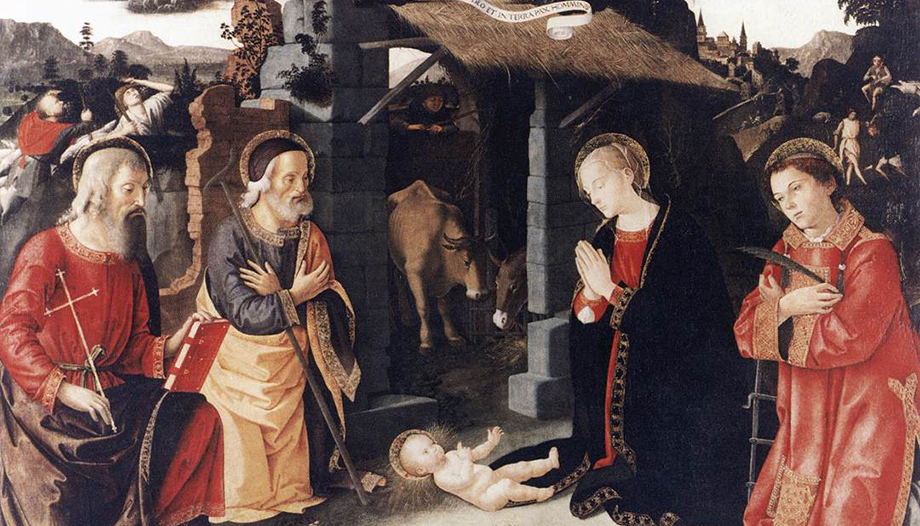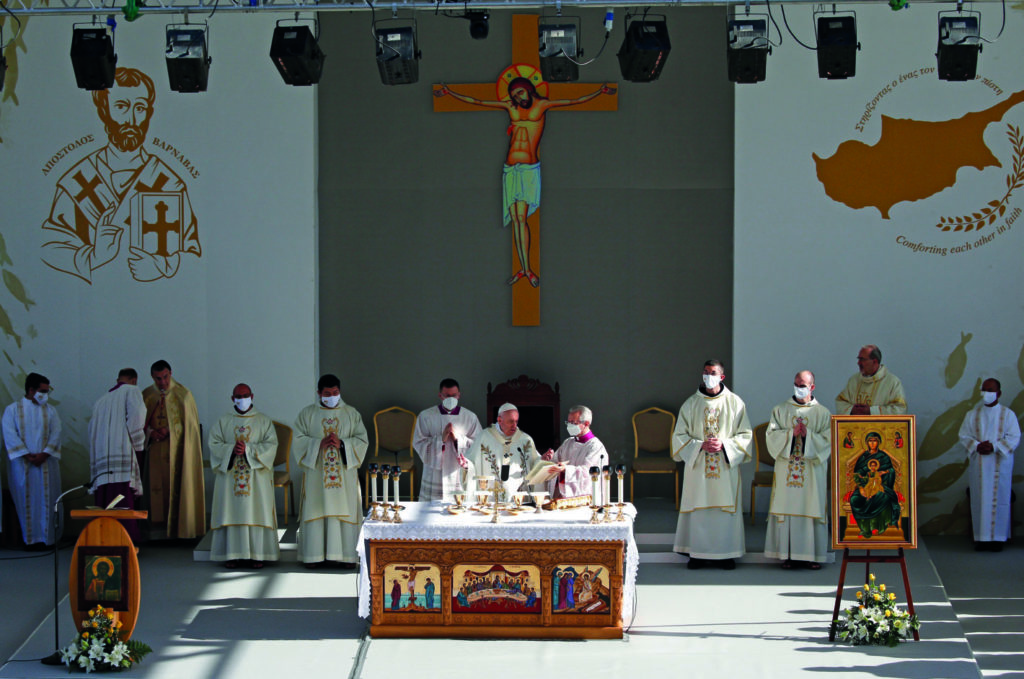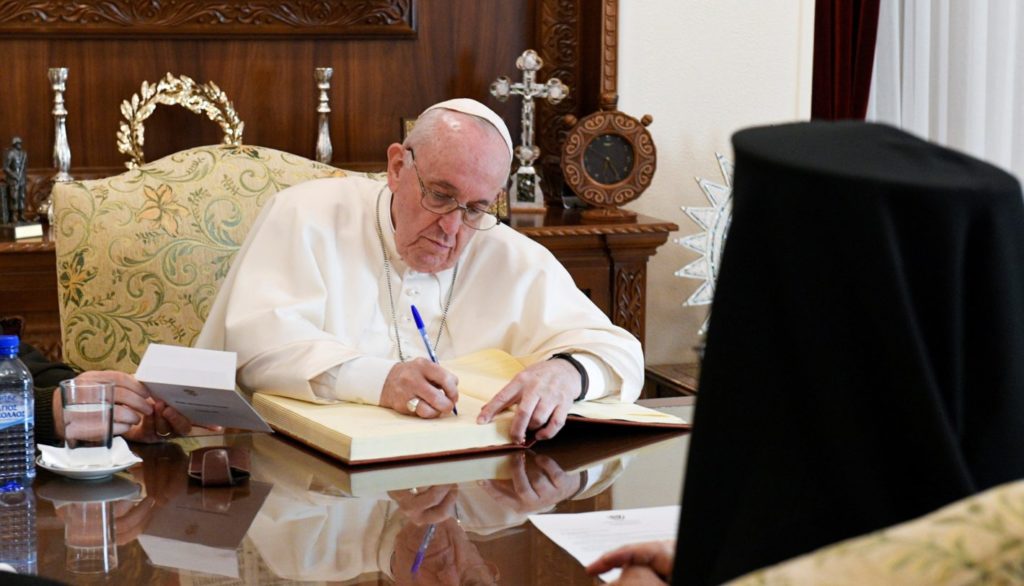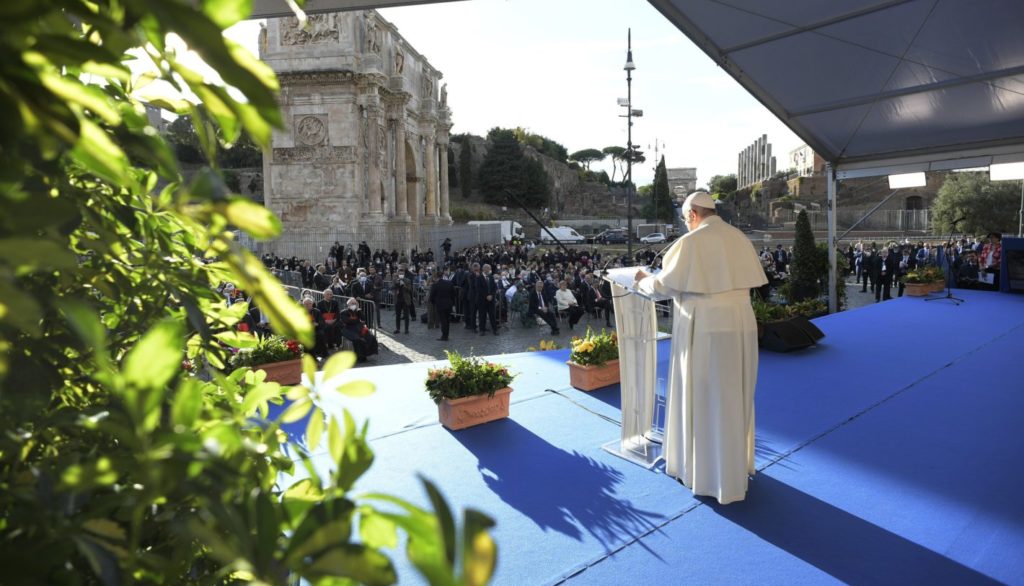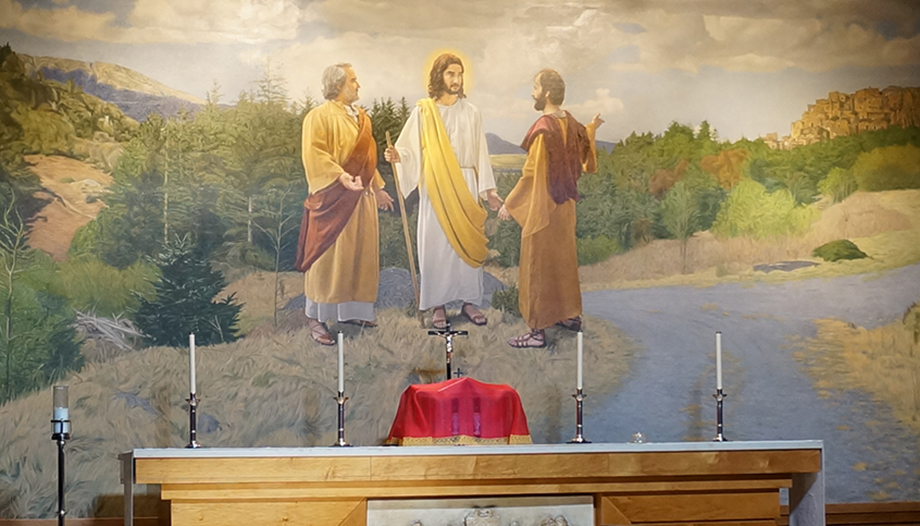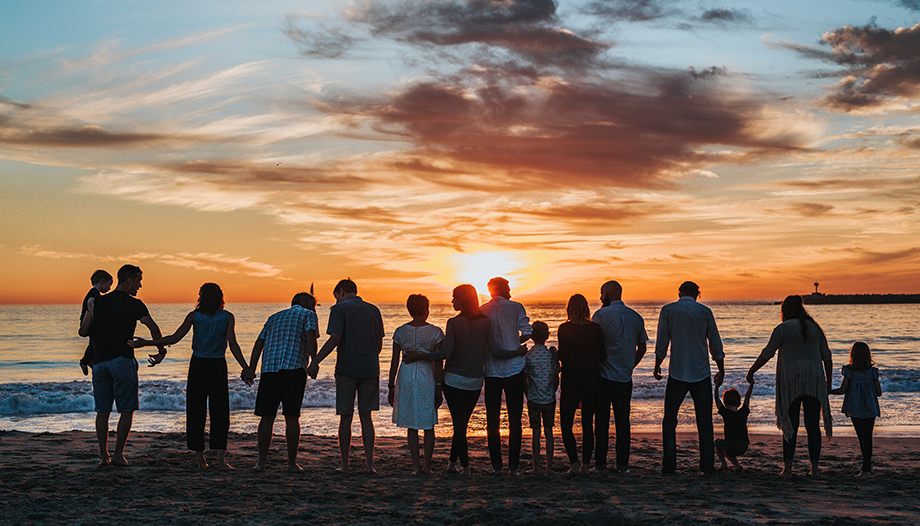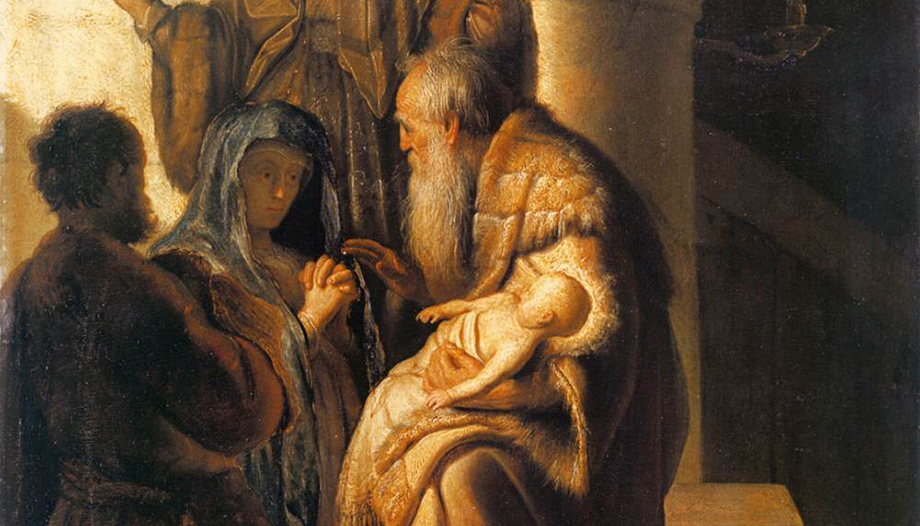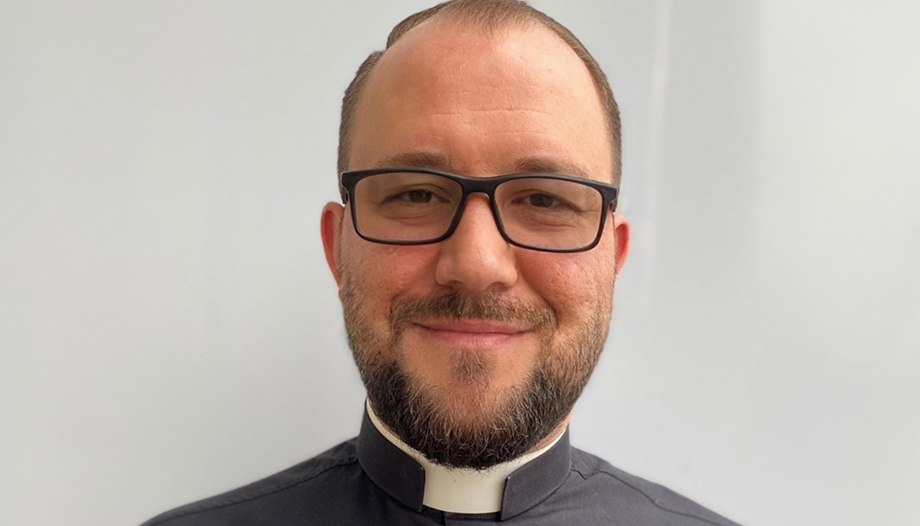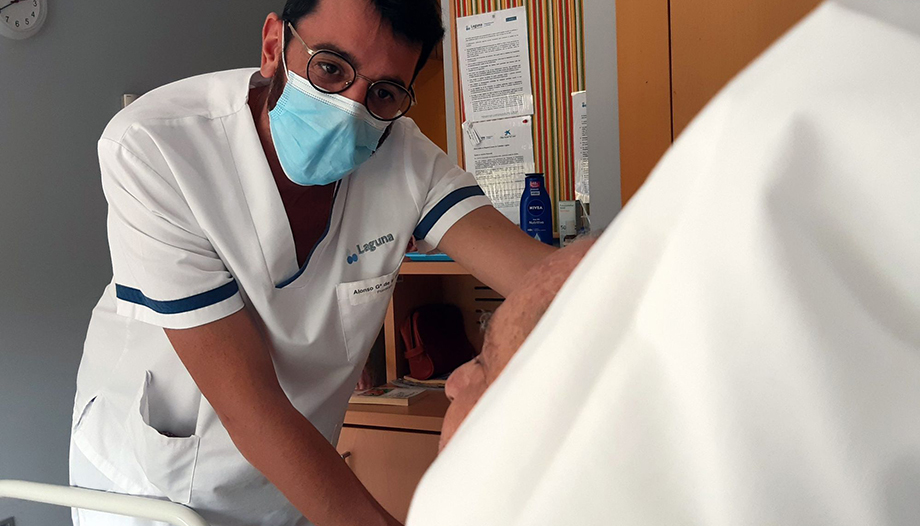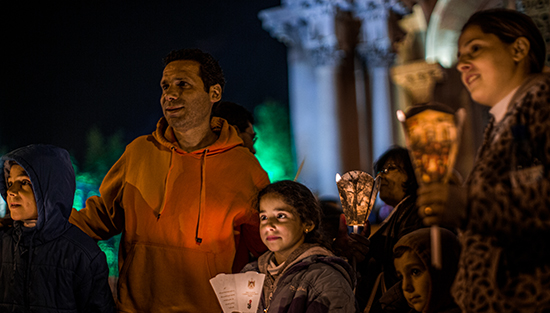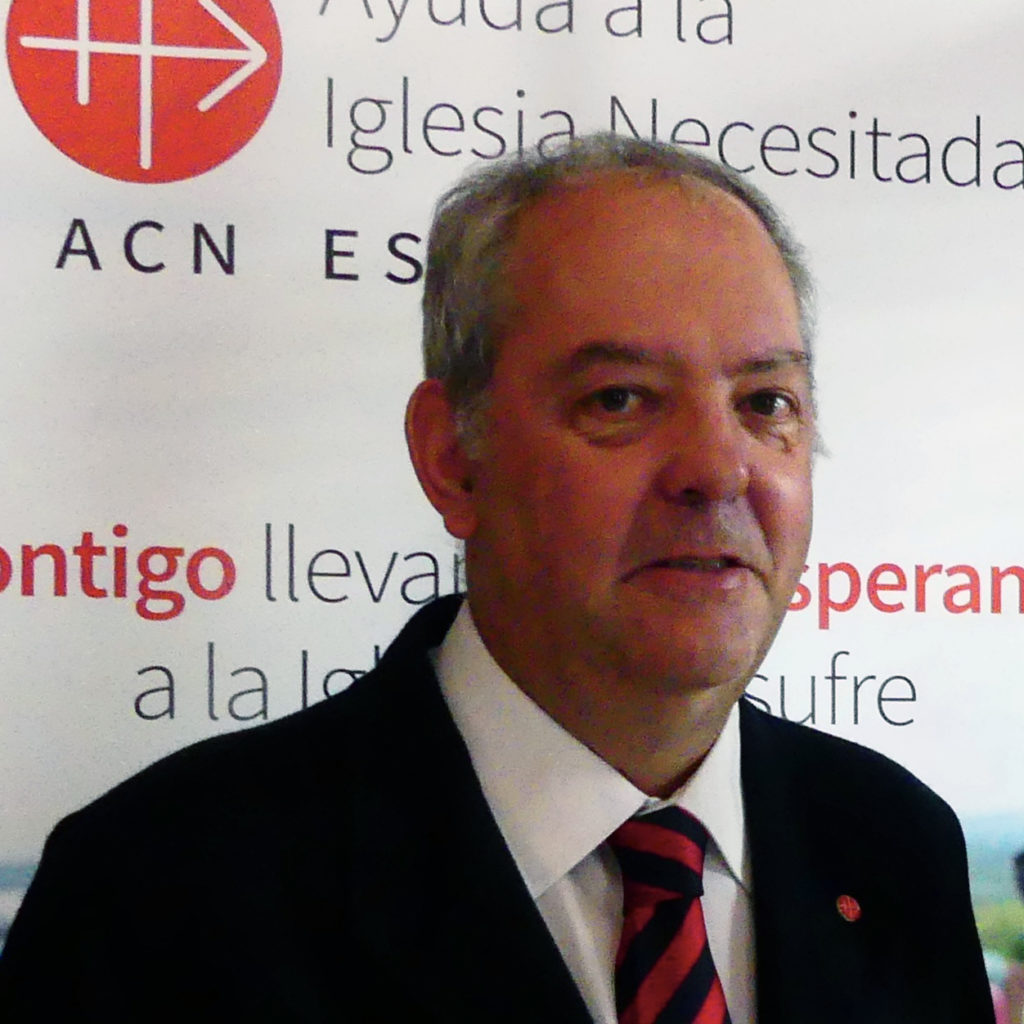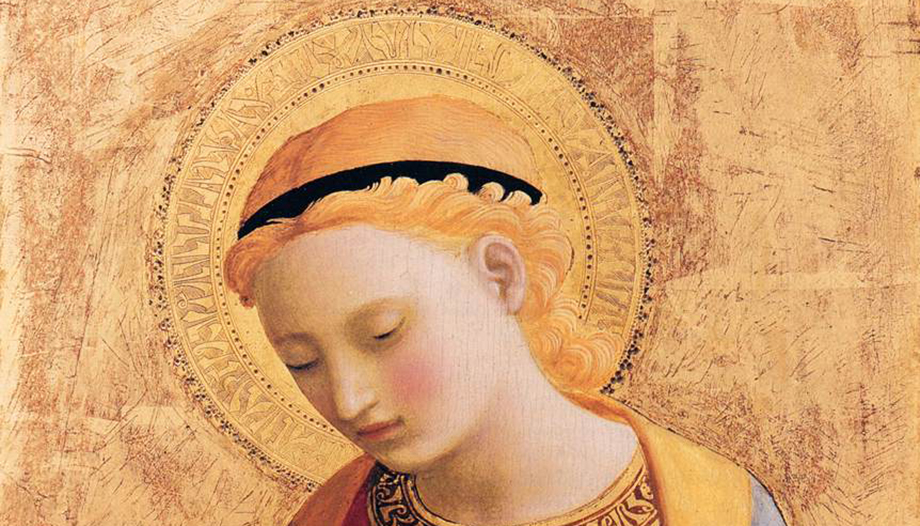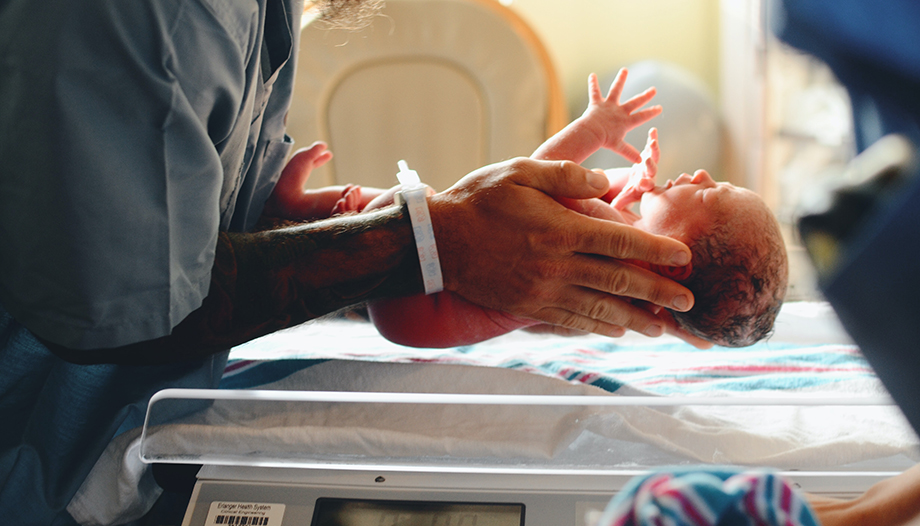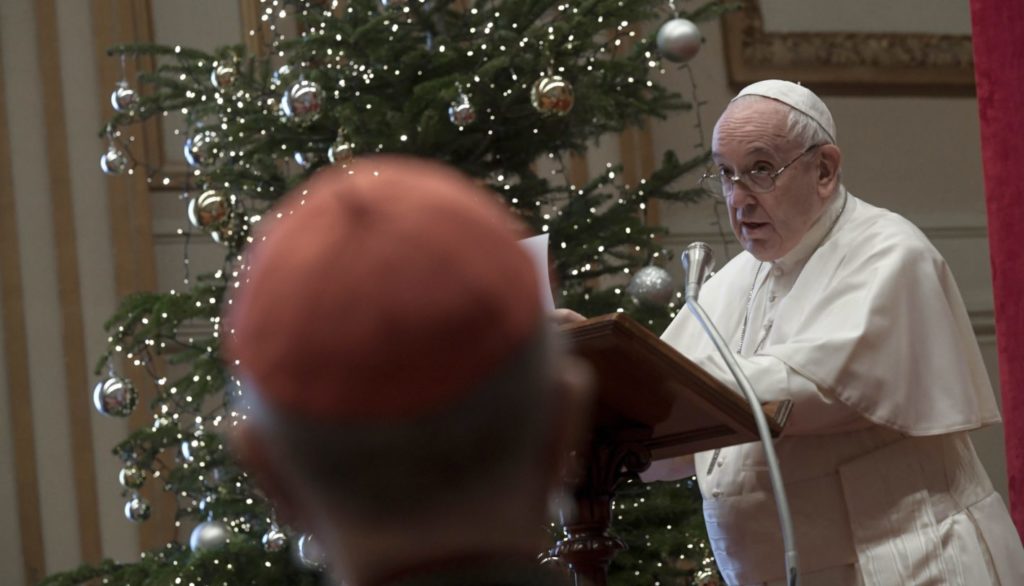I recently received the following testimony. It is from a young man who attended a bridal preparation course. I share it with you because it is not wasted:
"The reason I come to this course, even though I don't even have a girlfriend, is my conversation with Father Graciano. Father Graciano is the priest of my town. He has known me all my life. Everyone in the village loves him. Even those who don't believe consult him and appreciate him. Graciano has the wisdom of the saints. Perhaps because he spends so much time in the church, in front of the small tabernacle. One would say that it is just another accessory, along with the storks, the worn pews and the bell tower.
After my last failed love affair, I decided to consult Father Graciano. I took the bus to my hometown and went to the church, where I knew I would find him as always. Available to everyone. After his little surprise at believing me in town, the usual questions about family and comments about my height, I got straight to the point:
-Father, I need your advice. I've already had several girlfriends and I don't know what happens that always ends badly and I'm devastated. I don't know if I have a jinx or if I'm a brute.
There, I gave free rein to my spite accumulated over the years and I told him, one by one, all my love affairs and their corresponding failures. He listened attentively. From time to time he would ask a question or smile at my comments. I have always been an all or nothing person and I live it intensely. When I finished I looked at him.
-Tell me, Father, why does it always end badly? He took his time before answering. He looked sideways at the tabernacle, I suppose imploring divine help, and answered me thus, with his usual gentleness and assurance:
-Well, Nacho. Let's analyze little by little. Let's start with the first girl you told me about... Ana, right?
-Yes, Father.
-Good. I don't know why you included Ana as a girlfriend. That girl was not a girlfriend. It was something else. Call it what you want. A courtship is a serious thing. It's a preparation for marriage. Just like priests go to seminary and prepare, and we pray. Courtship is like the seminary of marriage.
-But father, I was only 18 years old.
-Even if you had been 15. That girl wasn't a girlfriend. I'm sure you didn't even think of her as the woman of your life.
-No, of course not. She was a very pretty girl but we had nothing in common.
-Well, first observation. In courtship, you don't choose a girl just because you are attracted to her. We are body but also soul. Your intelligence must approve and also feel attracted by your decision," I looked at him surprised by the simplicity and logic of his reasoning.
-So, Patricia? What went wrong with her?
-Oh, that was the next one... With that one it was the other way around. You chose her with everything you thought your girlfriend should have, but, didn't you tell me yourself that you were walking with her and looking at others?
-You know it, Nacho. Heart and intelligence. Both are necessary to choose. And I would add prayer. That courtship can already be a holy thing. You can't ask God for help only when an emergency arises. You must keep him in mind in all the decisions of your life. The small ones and the big ones. The person you choose as a bride should have everything you look for in someone you would raise a family with. And then families have their things. There are children, job bumps, mortgages, illnesses... Do you understand?
-Yes, Father. You give me a lot to think about.
-Well, let's go on, then it was Marina....
-No, father. Marina was the last one. Then it was Carmen.
-It's true, Carmen. What went wrong with her?
-I don't know, because she was perfect. Beautiful, good...she had it all. She even helped me finish my degree.
-Yes. What went wrong with that girl is that you were an idiot. First of all, you let your friends get involved, and a relationship is a relationship of two....
-But father, they laughed at me because I took her to ballet instead of soccer. One has one's dignity and must mark one's territory.
-The "dignity" you're talking about is useless in a love relationship, Nacho. And the territory thing, leave it to the animals in the jungle. In a courtship a series of virtues must be developed. Among them, generosity. To think of the other and not of yourself. To enlarge the heart to the maximum. Give, give and give. It is never too little. And along with generosity, humility. You should have asked for forgiveness when you fought because you were not right.
-Well, neither does she," I replied stubbornly.
-You should at least have taken the first step," he conceded, patiently, "Pride kills love. You have to know how to ask for forgiveness. The person you choose must also know how to ask for forgiveness. Humility is key to a happy coexistence and makes us love each other more. I would also add strength. This girl helped you finish your degree. What were you doing sleeping at that time when she called you to study? Without strength you can't build anything. Would you like to be pulling the other person all the time like a little child? No, Nacho. You have to be strong and, at the same time, understanding and tender. And not only tender in kisses and hugs. Tender in the way you treat them, in your gestures. That is the basis of respect.
-But father, we are not perfect," I ventured.
-No, of course not," he said with a laugh. But that's what courtship is all about. Getting to know each other and working together on a series of virtues that allow your love to grow. First you are "you and her", but then in marriage you have to look for the "we". It is a lifelong process. But it begins in courtship.
-Well, if it doesn't work out... then what's the point of all this effort? Look at Marina. With her everything was perfect. And I did make an effort. It's true that I don't have all those virtues as well as I'd like, but I gave it my all and it went badly.
-No. Not bad. With Marina I would say it wasn't bad. The success of a courtship is not necessarily that it ends in a wedding. The success is that it is a good preparation for you as a future husband and for her as a future wife. In love you both have to be there and if she didn't want to in the end she didn't want to. But you take with you a "backpack" full of good acts that have made you better. I looked at him surprised and a little consoled.
-Father, if I follow your advice, will I find the person who will fulfill me completely?
-No, son," he looked at me seriously, "You'll never find that," I opened my mouth in astonishment.
That can only be found in heaven. People do not complete us absolutely. To human love what is proper to human love and to divine love what is proper to divine love. From a human love you can expect and aspire to the maximum, but within the imperfect. You said it yourself. We are not generous, humble, strong...and we lack so many other virtues. We cannot therefore demand from others a perfection that does not exist on earth. But we must strive to make our love for each other as perfect as possible.
-Thank you, Father. You've given me a lot to think about. Would you recommend anything else?
-I would tell you that when you meet the right person, try to love them very much and get to know them well. It is important to talk about all things with full confidence and naturalness. Of faith, of questions about life (abortion, euthanasia...), of your projects (work, etc). And also, Nacho, take advantage of the fact that you now live in a big city. Look for preparation for boyfriends, educate yourself well. It is good to have preparation for academics but also for life. It is good to live in community and with God. Don't leave it aside.
-Thank you, father. I will think about everything you have told me.
A thousand purposes came out of that conversation. I don't know if I will find the right person. But I do know that, if I do find her, I will be ready."
In the practice of marriage counseling we frequently encounter problems that have their origin in the courtship or that could have been avoided with a correct development of the courtship. To live a good courtship is an important guarantee to achieve a strong marriage. But, how to prepare ourselves well in the courtship?
I believe that the first thing we must consider are the following questions: what is a courtship and what do I expect from courtship and, later, from marriage. Once these questions are resolved we will address how to make our courtship a time of true preparation for marriage.
What is a courtship
Regarding the first previous idea: what is a courtship. We must distinguish the courtship of other figures that we find today and that in nothing resemble it. A relationship with the right to friction is not a courtship. Dating is not a relationship that leaves aside any kind of commitment or exclusivity. Dating is not a courtship, nor is it a roll or analogous figures.
Engagement is a stage of preparation for marriage between two people who feel love for each other and want it to grow more each day. Indeed, the preparation for marriage is not the pre-marriage courses prior to the celebration, but it is a longer period of great importance.
For Christians, however, courtship goes beyond the merely human and reaches also to the spiritual. Engagement is already a path of holiness and preparation for living the universal vocation to love that becomes concrete in marriage.
If a friend of ours told us that he wanted to become a priest, it would seem logical to ask him if he had thought it through, if he had prayed about it... and yet, in order to start dating a person we leave God aside. It is important to pray about the person we want to date and, once we are engaged, to pray for that person as well.
If we do not leave God out of our courtship, we will get used to something that is very important: to take Him into account in our marriage as well.
What we expect from courtship
Regarding the second previous idea: what do we expect from courtship and, later, from marriage. This is something we should also reflect on. We are all born with an insatiable desire to be loved just for being who we are. Not for being handsome, smart or having a good job, but for being Perico Perez. This desire generates an inner emptiness that, at certain times, can even be painful: no one understands me, I feel alone, etc.
A frequent mistake is to think that in courtship and, later in marriage, I will find a person who will completely fill that void. That is impossible because human love is never perfect and our thirst is for perfect love. We will only fill that void completely in heaven.
Only what is proper to human love can be asked of human love. And, within a human love, the love of the bride and groom contains in potential what must be realized throughout the marriage. A love that, within the imperfect, tends and struggles to be as perfect as possible. A love that tends to move from "you and me" to "we". This is a process that must be developed throughout the marriage and that is never exhausted.
Key ideas
Having clarified these previous questions, we can now get into all those aspects that can make my courtship a success or not.
First of all, it is necessary to keep in mind that every courtship must begin with a crush. There must always be a loving attraction towards each other. But, since the human being is not only a body but also a soul and has intelligence, the attraction we feel towards that other person must be confirmed by our intelligence. That is to say, it is not enough that a person attracts me physically, but he/she must also attract me with my intelligence. That person must have those aspects that I am looking for in the person with whom I want to form a family in the future. It is good to keep this aspect in mind and to be aware, upon reflection, that married life will not be like when we are young and carefree. There will come obligations, illnesses, work bumps... and in all these circumstances the person who will accompany me will be the one I choose now.
Secondly, it is important to take into account a series of human virtues that are a good "backpack" to take with you to your marriage. They are virtues that I have to see if the person I am dating has them and, at the same time, virtues that I have to know if I have them myself or if I have to work on them. Of course, bearing in mind that no one is perfect. The important thing is that the virtue exists or that there is a sincere effort to achieve it. Among these virtues I would highlight:
- Humility. It is very important to see already in the courtship if the other person knows how to ask for forgiveness. If he/she knows how to recognize what he/she has done wrong and start again. Pride is one of the worst enemies of sincere love and, therefore, of marriage. We must work on this virtue during the engagement and pay a lot of attention to it.
- Tenderness. Not only in physical manifestations but also in language, in gestures: how he speaks to me, how he listens to me, how he treats me... And not only to me but to others. Tenderness is the basis of respect, without which it is very difficult or impossible to maintain a marriage.
- Generosity. Already from the courtship we must exercise ourselves to seek first the good of the other without thinking so much about oneself. Generosity is the key to happiness. It is true that in courtship the donation of oneself is not as complete as in marriage, but for the donation to become what it should be, it is necessary to work on generosity with the other and extend it to friends, work colleagues, etc. Whoever struggles to make his heart big, arrives better prepared to marriage.
- Fortress. Fortitude is a key virtue for any love relationship. In courtship we can see if the other person comes down with anything, if he or she is lazy in studies or negligent at work. This virtue is what allows the marriage to be a strong marriage.
In addition to all these virtues (we could talk about many more), two other aspects that should be highlighted are: faith and the topics we should talk about before getting married.
Regarding faith, it is not essential that the other person shares my faith, although it would be very good. In any case, I must take into account if there is a rejection of the faith I have. It is very easy to respect each other during courtship in this area, but then there will be questions such as how to educate children in the faith, put my own beliefs into practice, etc. These are very important issues that we must take into account already in the courtship and not expect them to be resolved automatically when we get married.
As for topics to talk about before getting married, it is very good to talk progressively as the engagement progresses and, in a natural way, about all the issues that are important. We cannot limit ourselves to talking about unimportant issues. We must know this person well, know how he/she thinks, how he/she would act in certain circumstances. As an example of questions that have to be discussed before getting married, we can mention the following: those related to life (abortion, euthanasia), those related to parenthood (natural regulation, contraceptive methods, in vitro fertilization, responsible parenthood...), those that affect life together (where I want to live, type of work, etc.).
Finally, it is important to emphasize the growing importance of the initiatives of preparation for engaged couples, including those of preparation for courtship, even if they do not yet have a boyfriend/girlfriend. Formation and accompaniment are a good guarantee to strengthen and enrich our engagement.
 A Jubilee year in Los Angeles
A Jubilee year in Los Angeles Centenary of the birth of St. John Paul II. Traces of his legacy
Centenary of the birth of St. John Paul II. Traces of his legacy




